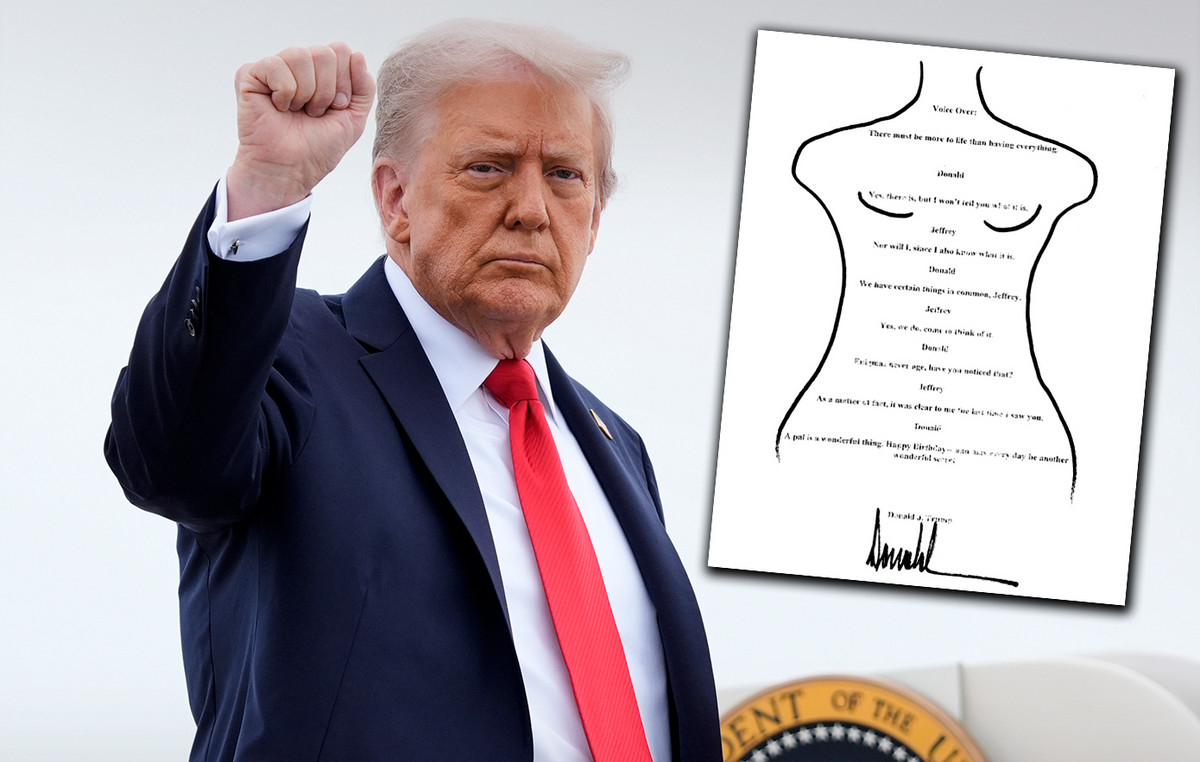The prospect of the Fed and other central banks being forced to raise interest rates more aggressively to curb inflation – as growth slows in most major economies – has rekindled fears of a global recession, analysts told CNBC.
In addition to the Fed, the Bank of England, the Bank of Japan and the National Bank of Switzerland announce monetary policy decisions within the week.
Everyone has to face their own set of economic challenges, along with the global problems of rapidly rising food and energy costs, as well as supply chain disruptions.
“What we’re seeing right now is that central banks are starting to panic, the markets are clearly facing this new era of higher interest rates with surprise, so we have this big correction in the stock market, and I think rightly,” Carsten Brzeski told CNBC. , Head of Macroeconomics at ING.
He added that “with the central banks now tightening monetary policy, somewhat panicked, the possibility of a recession in the US and the eurozone by the end of the year, has clearly increased.”
For his part, the head of emerging markets and credit at Societe Generale, Guy Stear, told the US network today that while the recession seems increasingly likely, there are two points to consider.
“One is the purely economic outlook and the second is the prospect of profitability. In fact, I would be more concerned with profits than with economic growth itself,” Stear said.
As he pointed out, the trend of increasing profits as a percentage of GDP was “more or less over”, given the ongoing issues of globalization, rising energy costs and higher wages.
“So I think no matter what happens in terms of the financial outlook – and yes, the chances of a recession are high – the chances of a slump in profits are growing much faster,” he added.
“Take a defensive position”
In terms of positioning in the current market downturn, Stear estimates that several defensive zones could offer some protection to investors.
“My personal view of where we are in the bear market is that we have traveled about three-fifths of the way, so I expect a further expansion of 80 basis points in credit, which means losses probably not in double digits, but somewhere close to the markets. “before I became interested in valuation terms again,” said Societe Generale analyst.
Guy Stear specifically identified the energy and utilities sectors, saying the latter in particular are a necessity in the transition to clean energy. However, it also remains positive for the banking sector.
“I think banks have been leveraging so much over the last 10 years that they have become extremely less sensitive to financial turmoil, and especially European ones, than they were 10, 15 or 20 years ago. So I think that’s a lot more. “Defense’s more than people think,” Stear said.
Source: Capital
I am Sophia william, author of World Stock Market. I have a degree in journalism from the University of Missouri and I have worked as a reporter for several news websites. I have a passion for writing and informing people about the latest news and events happening in the world. I strive to be accurate and unbiased in my reporting, and I hope to provide readers with valuable information that they can use to make informed decisions.







